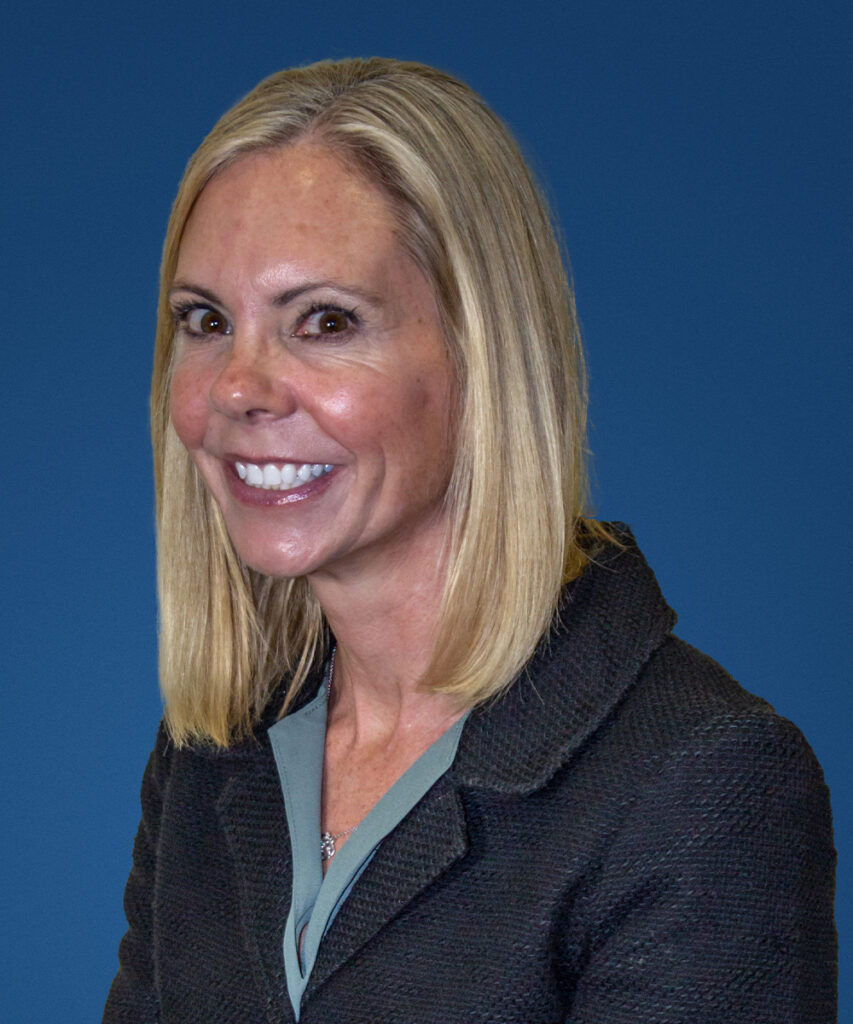Name a woman who inspires you and why.
I am always inspired by women who have the courage to speak unpopular truths despite the harm it does to their professional and personal reputations. I worked as a naturalist before I became an attorney. During that time, I read the Silent Spring by Rachel Carson. Carson lifted concerns about the environment and about the dangers of pesticides to human health in an era when the environmental movement was basically nonexistent. She continued to speak out despite being labelled a communist, unpatriotic, unscientific, and a hysterical woman. Her book instilled in me an awareness about how human advancement and the natural world are inextricably tied to each other. It inspired me to go to law school so that I could use my particular skills and interests to advance environmental justice. At its best, our Disaster Relief Project does exactly that by using legal tools to combat environmental racism and economic discrimination in our state.

How has being a “woman in law” shaped you?
My law school class was the first to graduate an equal number of men and women. Because it is only recently that the profession has shifted from being predominantly male, most of my bosses have been men and most of the judges in front of which I practiced have been men. While I have greatly appreciated the kindness and mentorship that those men have shown me, being a woman in the law has taught me that representation matters. It sometimes takes a woman to understand what other women need in order to feel successful and welcome in this profession. For instance, when I was trying cases and had small children, there were no rooms available in courthouses in Eastern NC for nursing mothers. I do not doubt that this discrimination was unintentional. However, it was not until more women became involved in the court system that I saw this oversight change. Far from making me bitter about any challenges I faced when I started practicing, I feel encouraged when I see changes for the better and I am always on the lookout for ways I can improve the experiences of newer women attorneys and for my client who are women.
What advice do you have for young women who want to pursue a career in law?
There is no right way to be a “woman attorney.” Do not give in to any of the stereotypes that you may hear: that we are too aggressive or not aggressive enough, that we have to take time off when we have children, that we cannot advance in our careers and have children, that we need to have children at all, that we are inherently more compassionate or less compassionate than our male counterparts, that there are only two genders of attorneys. Rather, take time to learn and discover who you are as a person and a professional. And never turn down an offer of assistance from another woman – keep a hand up and an hand out at all times.
What makes you a good leader?
I strongly believe that I am still learning to be a leader. I am not there yet. Professionally, being a leader is the most challenging role I have taken on. It requires a great deal of humility because there is no possible way to have the answer to issue that you encounter. You have to be willing to admit what you do not know, to ask for help when you need it, to accept when something you have implemented is not working. And you must be willing to listen to feedback from your colleagues, even when it is harsh. I am still working on my poker face when I encounter criticism from my team!
Celia Pistolis, a great leader in her own right, said something to me once that has stuck with me as I moved into my leadership position. She advised me to make sure others are afforded the same opportunities as I have been given. Heading that advice, I make every effort to lift up the good work of our DR Team and help them advance their careers because they are amazing and they truly deserve it. Making sure that all of us find opportunities to grow and shine is one of the expected joys of being a leader.
Why do we need more women leaders?
We need more women leaders because representation matters. Women belong everywhere and we are capable of anything. If we keep showing up and growing the next generation of women leaders, I am hopeful that eventually the world is going to accept this truth.
